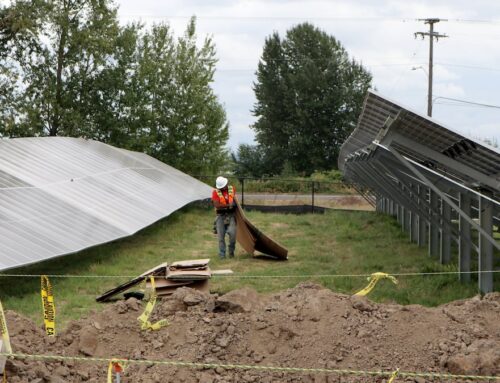The environment, conflict and peace in Sudan: from response to recovery
October 6, 2025
This collaboration between the Conflict Sensitivity Facility and CEOBS aims to foster a greater understanding of how the environment interacts with conflict and peace in Sudan. The report’s findings illustrate that environmental issues remain urgent and critical, with both short- and long-term implications for aid, political engagement and recovery.
Using literature review, interviews and focus group discussions with Sudanese and international experts the report explores how the environment interacts with conflict dynamics in Sudan in ways that are intertwined across local, national and international levels. The study examines how environmental pressures had increased prior to the current war due to a combination of weak governance and national policies, intensifying climate stresses, and the environmental consequences of insecurity. It also considers how competition over natural resources has played an important role in conflict at the local and national levels, with struggles over resources like oil and gold an ongoing source of competition. Access to Sudan’s resources also drives external interests, with the potential to spoil or support peace efforts.
However, while environmental factors play an important role in Sudan’s conflict dynamics, they have received little attention because of the profound humanitarian crisis. Our research suggests opportunities for integrating environmental considerations in the aid response. Centring Sudanese experience, and localised collective approaches are vital.
Environmental factors must also be integrated into any steps towards peacebuilding or recovery. Integrating natural resource management into local peacebuilding strategies can enhance social cohesion and support gender equality. As narratives matter, environmental issues and natural resources should be framed as shared concerns rather than an inevitable locus of conflict.
In spite of the ongoing war, and weakened institutions, it is nevertheless important to support Sudanese expertise to prepare for peace. Environmental policies offer numerous entry points, moreover the environment must be integrated in any steps towards a peace process, with lessons learned from earlier agreements. Private sector reform and the green recovery strategies being explored in contexts such as Syria and Ukraine should also be reviewed. However, effective environmental peacebuilding strategies are contingent on common environmental narratives based on robust environmental and socio-ecological data, and where people and communities are empowered to participate.
Search
RECENT PRESS RELEASES
Related Post


